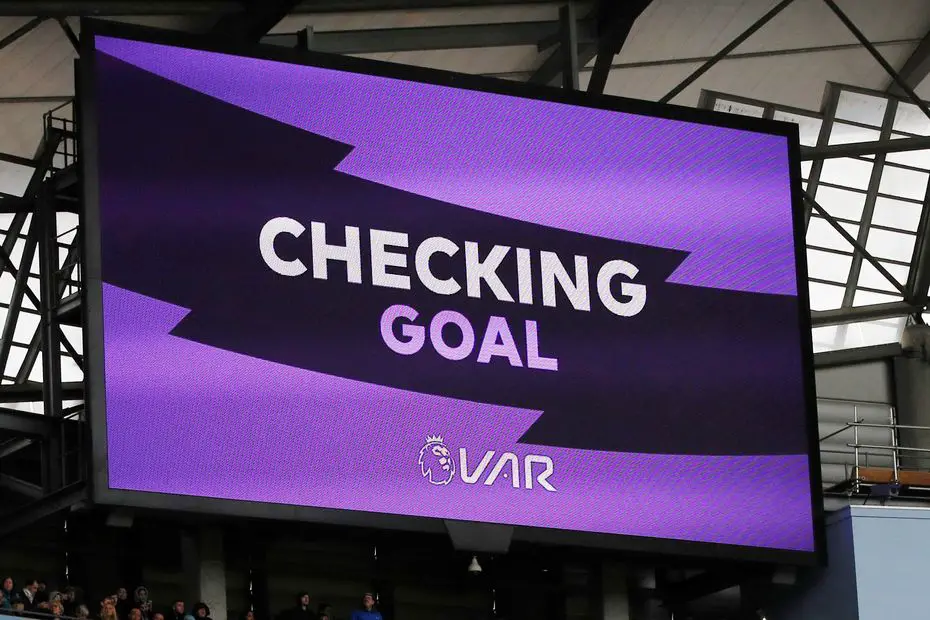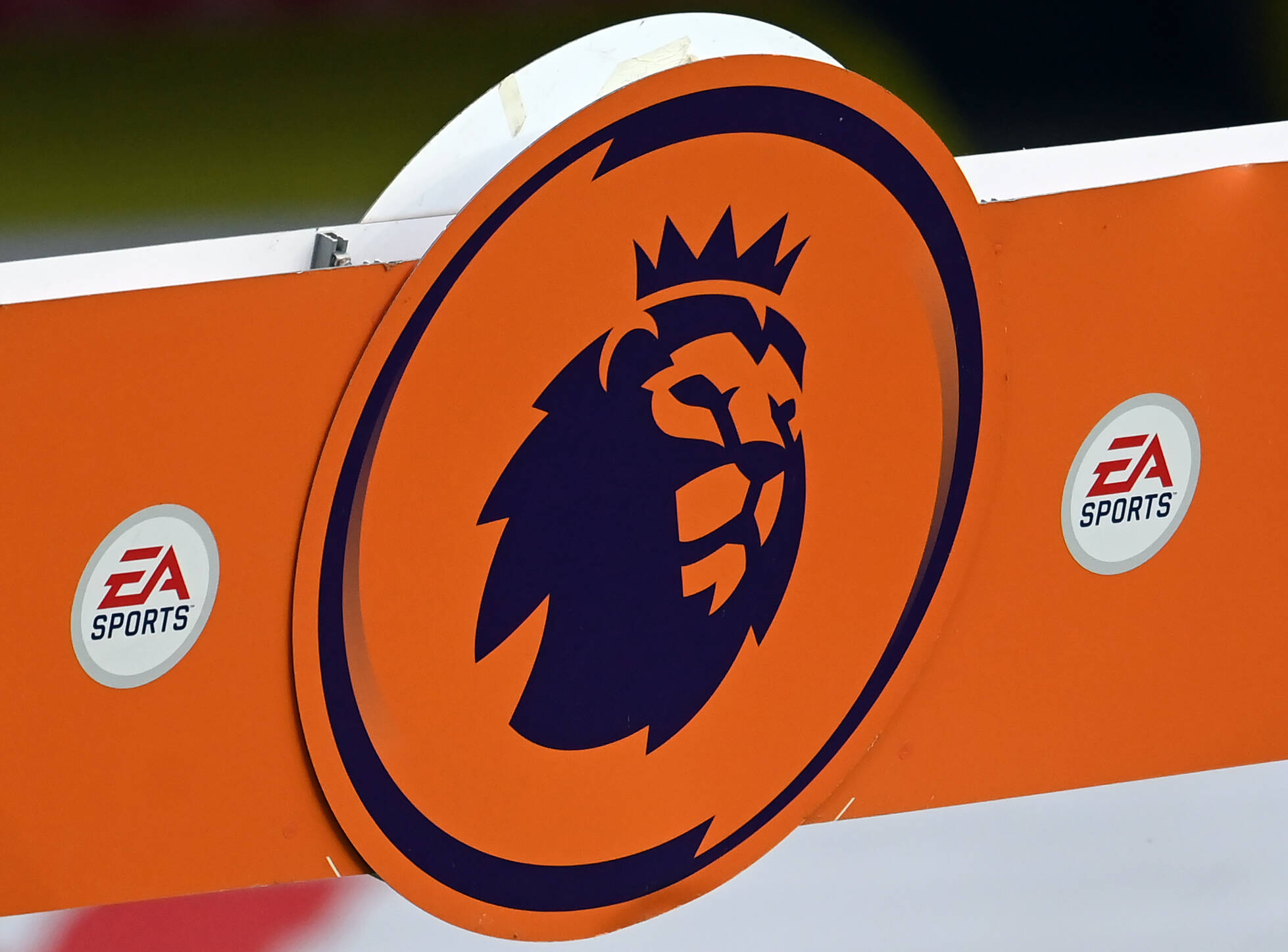FA announces major VAR offside and handball rule changes for 2021/22 Premier League season
Football.london mentions the few major changes that the FA has made to Premier League rules for the 2021/22 season that pertain to VAR calls regarding offside as well as the handball laws. Handball, offside, and rules pertaining to the number of substitutes allowed per game was the big talking point of last season.
And here, we look at the major updates made to the PL rules ahead of the new season, with a special focus on the handball and offside regulations.
Handball rule:
The language regarding the handball rule has changed. The new language reads:
“A player is considered to have made their body unnaturally bigger when the position of their hand/arm is not a consequence of, or justifiable by, the player’s body movement for that specific situation. By having their hand/arm in such a position, the player takes a risk of their hand/arm being hit by the ball and being penalised.”
A report by Manchester Evening News explains this change in language well. An excerpt from their article is mentioned below:
The law no longer specifies that particular positions are inherently unnatural (i.e. the removed language of “the hand/arm is above/beyond their shoulder level,” which codified specific movements as unnatural by default) or that particular movements are always not an offence (i.e. the removed language specifying that it should not be an offence if “when a player falls and the hand/arm is between the body and the ground to support the body, but not extended laterally or vertically away from the body”).

A further addition to this rule states that a goal will not be ruled out just because of an ‘accidental’ handball in the ‘build-up’. It will still be a handball if the accidental handball scores or sets up the goal. (h/t Sky Sports)
Offside rule when consulting VAR
The image of a goal being ruled out for a team you support because of the toe or armpit of a player being offside is fresh in the memory of many fans. But now, the new rule regarding offside mentions that VAR will be using thicker lines.
While it’s not mentioned how thick the lines would be, it would be thicker than the ones used last season. This could mean that the red line, which denotes offside, will be thicker than the blue onside line.
Substitutes and clarification from FIFA
EFL has scrapped the five-substitute rule and will go back to allowing just three substitutes next season. Th five-sub rule, which was brought about in major European leagues to help teams deal with the condensed fixture schedule due to Covid-19, was initially adopted by the Premier League but dropped later on.
There is still no clarity if PL will allow 5 subs next season or if they will resume with the three subs rule. In addition to that, FIFA has clarified that the ‘bottom of the armpit’ is the part of the body where the offside will be measured from. (h/t Sky Sports)
Are these rule changes welcome?
Absolutely. These major updates to the Premier League regulations would come as a relief to Premier League fans around the world. It was not a pretty sight seeing goals disallowed because of marginal offsides, some of which sparked intense discussions.
In fact, an offside call by VAR to overrule Jordan Henderson’s stoppage-time winner in last October’s Merseyside Derby incensed Jurgen Klopp so much that the club asked Premier League to review the VAR calls during the game after the full-time whistle. (h/t Sky Sports)
Such things may be lesser in number this season with the use of thicker lines. So, armpits and toenails adjudging game-changing moments would be less frequent and fans could be at relative ease when their team’s goal is being checked for a possible offside on the VAR monitor.

VAR has not always pleased every footballing fan. It has, however, become a necessary evil. If VAR is done away with, glaring errors that the referee might miss would lead fans to yearn for VAR again. It is better to avoid such embarrassing mistakes, even if it means a little spontaneity being taken away from the game for the fans.
The FA, along with other bodies such as FIFA and IFAB, should keep on striving to find the right between the post-VAR and pre-VAR experience for the fans and the players. Efforts must be made to ensure technology’s maximum efficiency with minimal interference. In light of this, the handball rule also comes as a refreshing change.
It was not a pretty sight seeing Mario Lemina’s equalizer vs Spurs being ruled out last season for an accidental handball which did not have a direct impact on the goal-scoring chance. Such overly technical intrusion into the play by VAR will be reduced next season, much to the joy of PL fans.
Read More:
- Arsenal have two bids turned down for Sheffield United’s Aaron Ramsdale – Should Arteta continue his pursuit?
- Everton sign Andros Townsend and Demarai Gray in quick succession – A much-needed double signing for Benitez?
- Liverpool interested in AC Milan’s Franck Kessie – Should Klopp consider a move?
While the new PL rules are a step in the right direction, some things can still change. Much of that has to do with how VAR is used by the referees and how much subjectivity is allowed in their hands. It is no secret that much of the debate around contentious football regulations and the use of VAR can be solved to a big extent if objectivity is introduced into the conduct of referees who are properly trained and up to the standards- which should now be the next goal of the Football Association.

